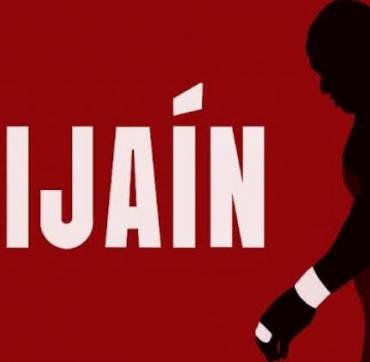Torres Cuevas Rests in Eternal Dialogue with Leal, Roig, and Time
especiales

This Thursday was a different kind of afternoon —a silence unlike any other, a light that not even the sun itself could explain; as if the entire city had paused to signify that in the Madre Teresa de Calcuta Garden now lie the remains of Eduardo Torres Cuevas: eminent historian, generous teacher, and essential figure of the Cuban cultural sphere.
The burial ceremony, simple and serene, gathered relatives, colleagues, disciples, and friends who came to bid their final farewell. There was no imposed solemnity, but rather a murmur of shared gratitude, the certainty that Cuba was saying goodbye to a man who devoted his life to studying, understanding, and narrating history through a perspective that was both critical and deeply humanistic.
His voice, so often heard in classrooms, books, lectures, and leadership roles, resonated in the memories of those who accompanied him; for every word remembered was an echo of his vocation as an educator, of his passion to rescue —to reclaim, perhaps— the heroes, the thinkers, and the movements that forged the nation’s identity.
In recent days, countless tributes recalled his close friendship with Eusebio Leal Spengler, Havana’s eternal suitor, with whom he shared projects, dreams, and the conviction that they were not working merely to record the past, but to leave behind an instrument to understand the present and guide the future.
That intellectual and emotional brotherhood was felt in every gesture of those who attended the cemetery, as if in that garden converged kindred spirits who now rest within the same sphere of memory: Emilio Roig de Leuchsenring, Octavio Cortázar, Vicente Feliú, Marta Arjona, Juan Vicente Rodríguez Bonachea, Liborio Noval, Max Lesnik, and so many others.
It was not merely a funeral rite that unfolded this afternoon, but also the confirmation of a legacy: in the works of Torres Cuevas remains the certainty that Cuba’s history is inseparable from its struggles for justice, dignity, and freedom; a magisterium that shaped generations of researchers, and pages that continue to guide the gaze of a nation recognizing itself through its times.
There, in the garden where the tireless orator of sparkling words will now rest, under the shade of trees and among simple flowers, the earth guards the stillness of those who have left an indelible mark on the nation with their talent, their dedication, and their example.
Today, on what would have been his 83rd birthday, Eduardo Torres Cuevas joins that illustrious company. His farewell does not leave emptiness, but rather a legacy of thought and love for the homeland, one that will remain alive in the collective memory.
In that sacred corner of Havana where remembrance and nature converge, his permanence was sealed: may the historian, the teacher, the essential Cuban rest in peace.
With him grows the certainty that history, when lived with passion, becomes a true act of faith by one who loved Cuba above all else, to which he gave the best of himself, and which he lamented leaving behind in such difficult times.














Add new comment